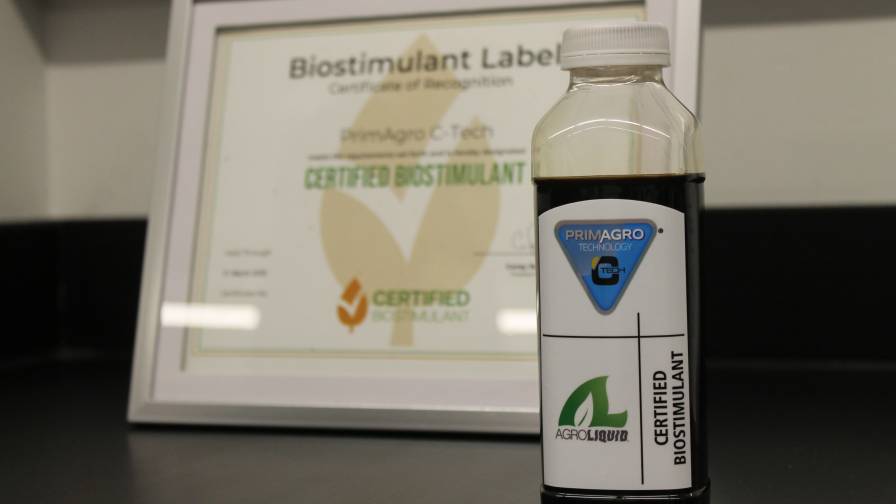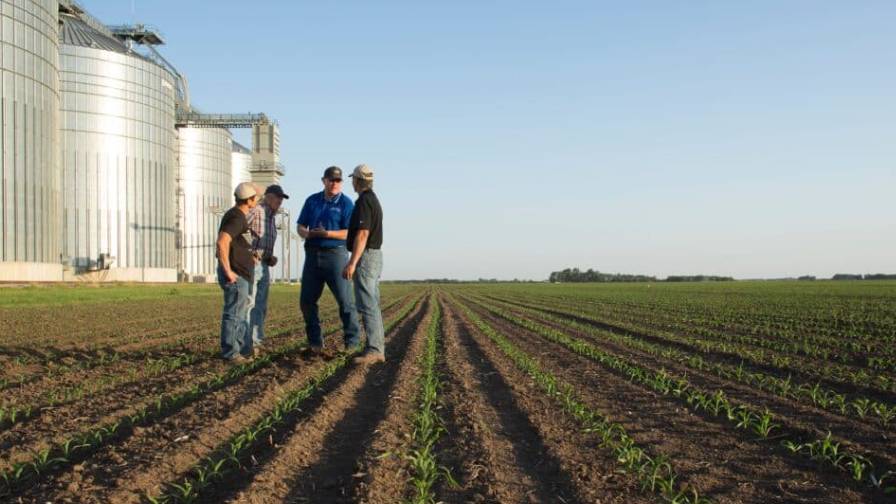High Court Hears Biotech Alfalfa Case
by Chris Clayton DTN Ag Policy Editor
Attorneys arguing before the Supreme Court to overturn a judge’s injunction banning the planting of Roundup Ready alfalfa told the high court that it will likely be at least a year before USDA completes an environmental impact study that could allow farmers to plant the crop.
In the first biotech-crop case to arrive at the Supreme Court, Monsanto Co. and the Obama administration challenged a district court injunction issued three years ago that created a nationwide ban on planting Roundup Ready alfalfa. USDA had moved to deregulate the crop, but environmental groups and some farmers sued, claiming deregulating Roundup alfalfa would contaminate farms and hurt the ability to export.
Deputy Solicitor General Malcolm Stewart told justices the USDA’s Animal and Plant Health Inspection Service has received more than 145,000 public comments on the draft environmental impact statement being created to potentially deregulate Roundup Ready alfalfa. USDA has been working on that impact statement since 2007. "So this process is going to take longer than APHIS anticipated in the outset," Stewart said.
Justice Samuel Alito said earlier in the arguments he didn’t understand the need to overturn the injunction because the environmental impact statement was supposed to be issued soon. "This case may be moot by the time they do that," Alito said.
Stewart later responded to Alito, saying, "There is no prospect the case will become moot before a judgment is rendered."
A ruling on the case by the Supreme Court likely will be issued in early summer.
Eight justices heard the case after Justice Stephen Breyer recused himself because his brother was the district judge who issued the original ban and vacated the APHIS decision to deregulate the crop.
Justices were skeptical about the idea of overturning the injunction. Justice Ruth Bader Ginsburg was one of the justices questioning why the high court should overturn the injunction given that Judge Charles Breyer’s order had essentially vacated APHIS’ original deregulation of the crop.
"As long as you didn’t appeal the vacation of the order, I don’t see how there is anything for us to deal with," Ginsburg told Gregory Garre, the lawyer representing Monsanto.
Chief Justice John Roberts further added that given the district court decision, APHIS could have issued another rule partially deregulating Roundup Ready alfalfa. USDA and Monsanto argued that they had proposed allowing Roundup alfalfa planting to continue under more stringent planting conditions, but the district judge rejected that proposal in issuing his ban.
"You have the burden to establish entitlement to these conditions, is that correct?" Roberts said.
Stewart said the costs to Monsanto and farmers wanting to plant Roundup alfalfa outweighed the demands being required by banning all planting of the crop. "The issue is whether those protective measures would have protected irreparable harm to the plaintiffs," Stewart said.
Justice Antonin Scalia questioned the environmental attorneys and farmers who filed the suit about the threat of "irreparable harm" that would come from planting Roundup Ready alfalfa.
"There isn’t a single plaintiff that has a claim on the utmost limits of risk," Scalia said.
Attorney Lawrence Robbins, arguing for the Center for Food Safety and the farmers who oppose Roundup Ready alfalfa, argued that there are a wide range of risks the farmers face from contamination, and that crop contamination could happen in several different ways, such as a custom harvester cutting a Roundup Ready crop one day and an organic crop the next. Scalia questioned whether the market would take care of it.
"You don’t think the free market would produce companies that advertise that they only cut natural seed fields?" Scalia said.
Later, noting that even though the environmental impact statement may take a year, Scalia said deregulation isn’t going to cause irreparable harm. "The most it does is make it more difficult for farmers who want to cater to the European market … this is not the end of the world," Scalia said.
Justice Sonia Sotomayor wanted attorneys to explain where the court erred, given that USDA’s APHIS was the agency that failed to obey the law by doing an environmental impact statement as demanded under the National Environmental Policy Act. Sotomayor said the attempt to allow planting under tighter conditions without a completed environmental impact statement was "short-circuiting" the NEPA process. Stewart disagreed.
"From our perspective, rather than short-circuit the process, we were trying to streamline it," Stewart said.
Sotomayor inquired where seed alfalfa is grown, and upon being told by the environmental attorneys that it was mainly in the Pacific Northwest, she questioned the breadth of the lower court’s "one size fits all" nationwide injunction. "How is that reasonable when the risk is different in different places?" she demanded.
(Source: DTN/The Progressive Farmer)






